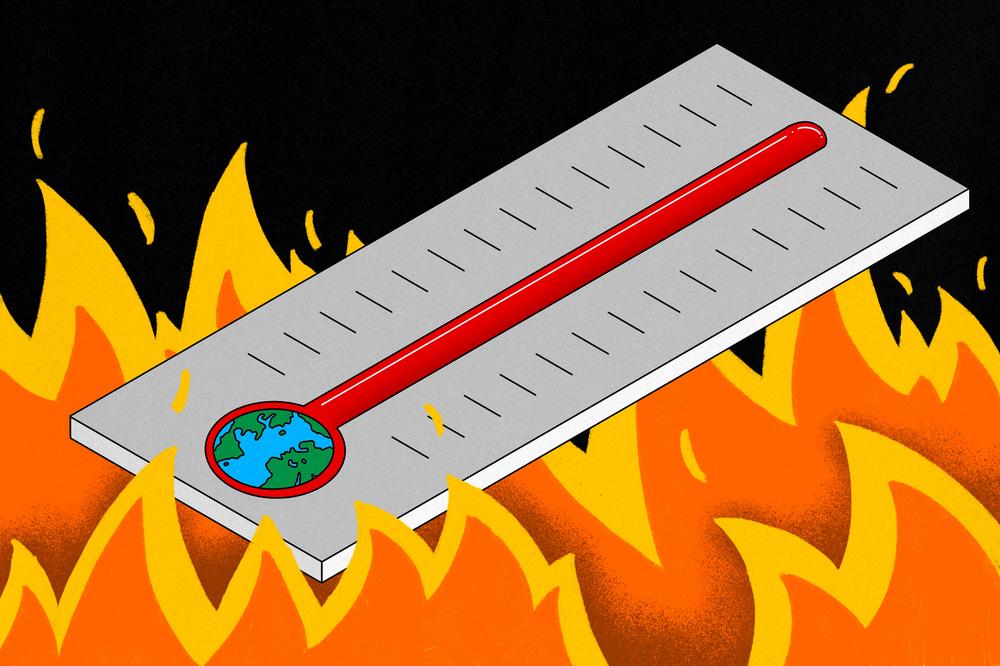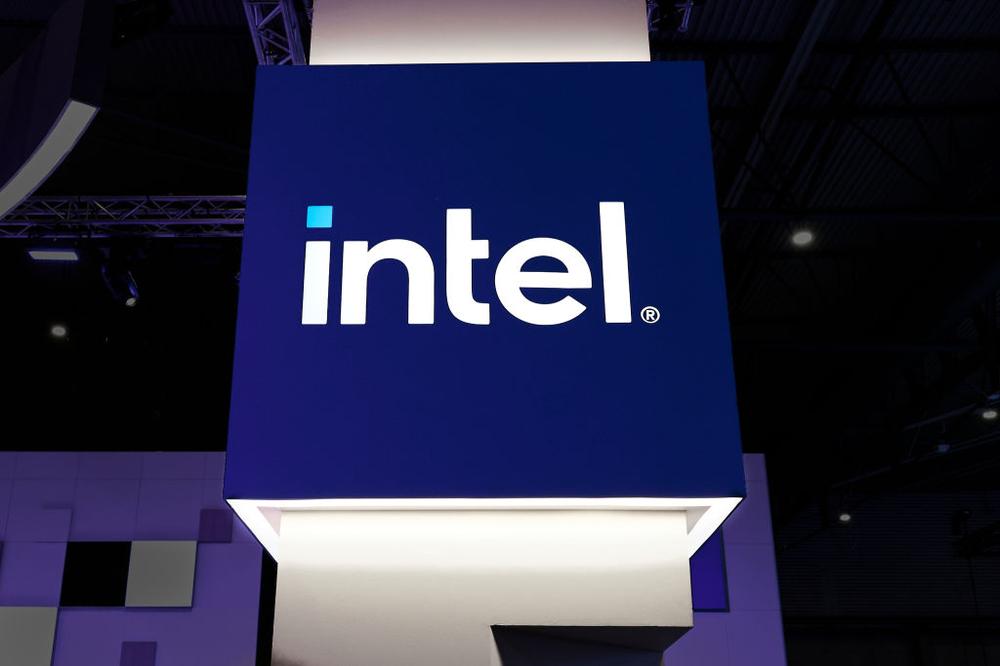A lawyer for 4chan said the imageboard website's operators will refuse to pay fines levied under the UK's Online Safety Act.
"Ofcom's notices create no legal obligations in the United States," lawyer Preston Byrne told the BBC, according to an article yesterday. Byrne said the UK regulator's investigation into 4chan is part of an "illegal campaign of harassment" against US tech firms. "4chan has broken no laws in the United States. My client will not pay any penalty," he said.
In June, Ofcom said it opened an investigation into whether 4chan is taking required measures to prevent the site from hosting illegal content and from being used to commit or facilitate crimes. Ofcom announced on August 13 that it "issued 4chan Community Support LLC with a provisional notice of contravention" for failing to comply with two requests for information. Ofcom said it was continuing to investigate whether 4chan "has failed, or is failing, to comply with... duties to protect its users from illegal content."
Ofcom reportedly intends to issue 4chan an initial fine of £20,000, and daily penalties thereafter. Maximum fines under the law are £18 million or 10 percent of worldwide revenue, whichever is greater. When contacted by Ars today, Ofcom said it would not comment on an ongoing investigation.
Ofcom could take action in other ways besides issuing fines, although "enforcing against an offshore provider is tricky," lawyer Emma Drake told the BBC.
"Ofcom can instead ask a court to order other services to disrupt a provider's UK business, such as requiring a service's removal from search results or blocking of UK payments," Drake said. "If Ofcom doesn't think this will be enough to prevent significant harm, it can even ask that ISPs be ordered to block UK access." 4chan was temporarily blocked by ISPs in Australia and New Zealand in 2019 when it hosted video of the Christchurch mass shooting.
The long-controversial 4chan has been described in research as "more hateful than other social media platforms," and "one of the darkest corners of the Internet, filled with hate speech, pornography, trolling, and even murder confessions." While 4chan users have coordinated denial of service attacks on other sites, 4chan itself temporarily went offline after a major hack in April.
4chan's law firms, Byrne & Storm and Coleman Law, said in a statement on August 15 that "4chan is a United States company, incorporated in Delaware, with no establishment, assets, or operations in the United Kingdom. Any attempt to impose or enforce a penalty against 4chan will be resisted in US federal court. American businesses do not surrender their First Amendment rights because a foreign bureaucrat sends them an e-mail."
4chan seeks Trump admin’s help
4chan's lawyers added that US "authorities have been briefed on this matter... We call on the Trump administration to invoke all diplomatic and legal levers available to the United States to protect American companies from extraterritorial censorship mandates."
The US Federal Trade Commission appears to have a similar concern. FTC Chairman Andrew Ferguson yesterday sent letters to over a dozen social media and technology companies warning them that "censoring Americans to comply with a foreign power's laws, demands, or expected demands" may violate US law.
Ferguson's letters directly referenced the UK Online Safety Act. The letters were sent to Akamai, Alphabet, Amazon, Apple, Cloudflare, Discord, GoDaddy, Meta, Microsoft, Signal, Snap, Slack, and X.
"The letters noted that companies might feel pressured to censor and weaken data security protections for Americans in response to the laws, demands, or expected demands of foreign powers," the FTC said. "These laws include the European Union's Digital Services Act and the United Kingdom's Online Safety Act, which incentivize tech companies to censor worldwide speech, and the UK's Investigatory Powers Act, which can require companies to weaken their encryption measures to enable UK law enforcement to access data stored by users."
Wikipedia is meanwhile fighting a court battle against a UK Online Safety Act provision that could force it to verify the identity of Wikipedia users. The Wikimedia Foundation said the potential requirement would be burdensome to users and "could expose users to data breaches, stalking, vexatious lawsuits or even imprisonment by authoritarian regimes."
Separately, the Trump administration said this week that the UK dropped its demand that Apple create a backdoor for government security officials to access encrypted data. The UK made the demand under its Investigatory Powers Act.

 Workers need better protections from the heat
Workers need better protections from the heat